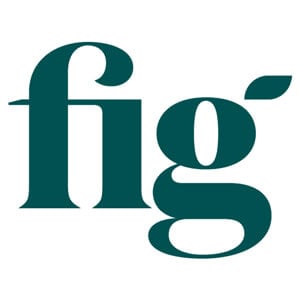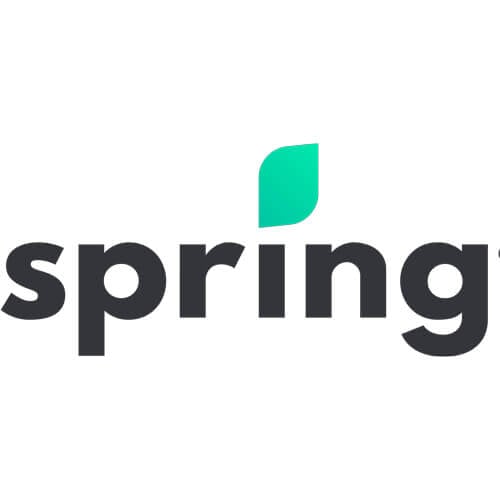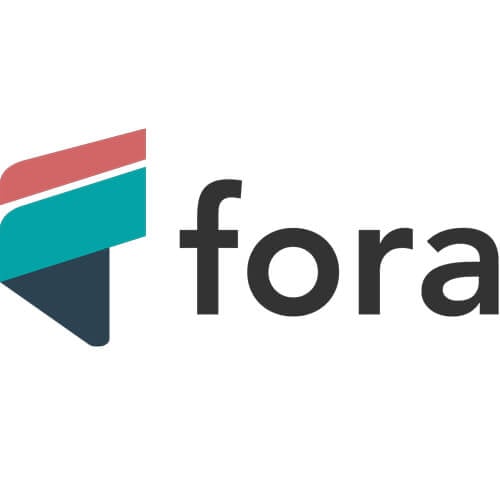Car loan interest rates: What’s the best Canadians can get?
Car loan interest rates can be as confusing as a complicated recipe, and just as daunting to navigate. This guide makes finding a rate simple.
Advertisement
Car loan interest rates can be as confusing as a complicated recipe, and just as daunting to navigate. This guide makes finding a rate simple.

I’m half-Italian, grew up in a kitchen and am a seasoned home cook. Even so, I still turn to an expert (my mom) for advice on my most special dishes. After all, creating a culinary masterpiece requires careful planning, attentive research, vigilant sourcing and maybe some expert help. Ditto shopping for a car loan to get the best rates. Whether you’re in the kitchen or the car dealership, expert guidance can keep those stress levels from boiling over when the stakes (steaks?) are high. Janet Gray (who makes a mean Spaghetti Bolognese, btw) is an advice-only Certified Financial Planner with Money Coaches Canada. Below, she’ll help us crack the crust of complexity you’ll encounter when researching and comparing car loans and their interest rates, saving you some time (and dough) in the process. Grab a spoon, and let’s dig into how to get access to the best car loan rates in Canada.
When you get a car loan, you borrow money to pay for the car, and then, you pay that money back to the lender over a pre-set length of time through a series of regular, continuous payments.
You also pay back more than you borrowed. This is the interest, which is the cost of borrowing the money to buy the car.
To make an apples-to-apples comparison between car loans, consider these four factors:
It’s important to note that these things interact with each other to determine the total cost of a car loan. For example, a lower interest rate can offset the impact of a longer loan term.

Apply for a personal loan with a 8.99% to 29.49% APR. Plus, 100% online application and no early repayment fees.

Apply for a personal loan with a 9.99% to 35.00% APR. Plus, fast e-transfers and no hit to your credit score when you apply.

Apply for a personal loan with a 19.90% to 34.90% APR. Plus, fast funding (as soon as the same business day). Not available in Quebec, PEI, Manitoba, Newfoundland and Labrador, Northwest Territories, Nunavut and Yukon.
To figure out how much a car loan will cost you, you need to use the loan amount, the annual percentage rate (APR), and the repayment frequency and amount (often called repayment terms), which is your regular payment. Multiply the regular payment by the number of regular payments, and you’ve got the total repayment amount. Subtract the loan amount from that, and you’ve got the interest cost.
Say you’re taking out a loan to buy a new SUV. The loan amount is $45,000, the interest is 2.99%, and the loan duration is five years (or 60 months). This loan has monthly payments (60 in total) of $808 each. This adds up to $48,500, or $3,500 more than the $45,000 you borrowed.
That extra $3,500 is the interest cost, or the cost of borrowing $45,000 for 60 months at 2.99% APR.
Here’s another example.
You’re buying a new $60,000 sedan, so you take out a loan in that amount at 4.99% for six years (72 months). This loan has monthly payments of $966 (72 in total). You borrowed $60,000, but the amount you’ll repay (72 payments of $966) is $69,500. The extra $9,500 is the interest on this loan, the cost of borrowing $60,000 at $4.99% for 6 years.
Let’s do one more case study, to really drive the exercise home.
You’re buying a new compact car for $30,000 during a promotion with 1.99% APR financing for four years (48 months). Financing and car loans are the same thing, and so is the math from earlier: this loan has 48 monthly payments of $651, which total $31,235, or $1,235 more than the $30,000 you borrowed. So, the interest on this loan is $1,235, or the cost of borrowing $30,000 at 1.99% for four years.
Too much math? Don’t worry, you likely won’t need to do these calculations in real life. Your lender should outline them (definitely ask them to), and it’s also easy to “run some numbers” by plugging hypothetical data into an online loan calculator.
Your car loan can cover costs for the car, such as accessories and add-ons, too. Things like bike racks, trailer hitches, all-weather floor mats, cargo carriers, winter tire and rim packages and paint and upholstery protection can all be added to the amount of the loan or financing, spreading their cost out over time just like the purchase price of the vehicle itself.
Check out these interest rates available right now for car loans.
| Lender | Loan term | APR | Loan amount | Minimum credit score |
|---|---|---|---|---|
| Fora Credit* Not available in QC, PEI, MB, NL, NWT, NU and YT. | n/a | 19.90% to 34.90% | $1,000 to $15,000 | N/A |
| Spring Financial* | 6 months to 5 years | 9.99% to 35.00% | $500 to $35,000 | N/A |
| Scotiabank | 1 to 5 years | 6% to 10% | $5,000 to $75,000 | Undisclosed |
| BMO | 1 to 5 years | 8.99% to 22.99% | $2,000 to $35,000 | Undisclosed |
| TD Bank | 1 to 7 years | 8.99% to 23.99% | $5,000 to $50,000 | 650 |
| CIBC | 1 to 5 years | 9% to 10% | $3,000 to $200,00 | Undisclosed |
| RBC | 1 to 5 years | 9% to 13% | No minimum or maximum listed | Undisclosed |
| Mogo | 6 months to 5 years | 9.90% to 35.00% | $500 to $35,000 | N/A |
| Fig Financial* | 2 years to 5 years | 8.99% to 29.49% | $2,000 to $30,000 | 680 |
| MDG Financial | 3 years | 29.78% to 35.00% | $1,600 maximum | 560 |
| Easyfinancial | 9 months to 10 years | 9.90% to 35.00% | $500 to $20,000 | N/A |
| Nyble* | Up to 31 days | 0% | $50 to $250 | N/A |
It might seem similar, but there are some nuances when looking at secured versus unsecured loans. “Car loans are considered a ‘secured’ loan because the purchased car is collateral in case of a loan default,” explains Gray. The loan is secured by an asset. “Because of the collateral, the interest rates are often lower than a personal loan, and the terms of the loan are perhaps easier for the vehicle buyer to qualify for. With a personal loan, you can buy anything you want (including a car). Because collateral is not needed, the interest rates are often higher, and the borrower might need a higher credit score to qualify.”
Canadians don’t always research the best rates for car loans, even if doing so could save them money.
When borrowing money from a bank or another loan provider, like a credit union or online lender, you’ll need to gather documents, like identification, proof of income and proof of employment. Lenders will also typically conduct a credit check to assess your risk level. You’ll receive a loan offer outlining the interest rate, repayment terms, cost of borrowing, and other details. Once you accept the loan and sign off, funds are transferred via direct deposit, a wire transfer, or a cheque.
Are Canada’s big banks the best place to get a car loan, and do they have the best car loan rates? Maybe so, and maybe not.
“Often they do because of their massive financing capability,” explains Gray. “Almost all car dealerships offer in-house financing, and often in partnership with a bank.”
But consider 0% financing offers.
With a 0% interest rate, you’re borrowing money to buy a car with no additional costs beyond the original loan amount. Most lenders won’t let you borrow their money for free, but sometimes, an automaker or dealership may offer 0% financing since they already make money selling a car. It makes the car cheaper for clients and gives them a competitive edge. However it’s not always accessible for every Canadian.
Usually, 0% financing comes with a high threshold of eligibility criteria (you’ll typically need excellent credit), and it may only apply to selected makes and models the dealership or carmaker is most interested in selling.
On the opposite end of the spectrum, some shoppers are in credit situations that disqualify them from certain lenders and leave them to shop for loans from specialized lenders, typically with higher interest rates. Many variables are at play, so be sure to compare loans from multiple providers, and don’t be afraid to call on an expert for help.
“A higher credit score means lower interest rates and higher likelihood of acceptance,” Gray says. “Lower credit scores are seen as a higher risk to the lenders so the interest rates are higher and might require a co-signer. Do your homework in advance. What is your credit score? Is there anything in your credit report that might be an issue? What is the amount that you can comfortably afford?”
In under five minutes, compare personalized auto insurance quotes from Canada’s top providers.
You’ll find the best car loan rates in Canada by shopping around. After all, you needn’t automatically get a loan at a dealership or a bank, and it’s important to consider all options before you make a decision.
Share this article Share on Facebook Share on Twitter Share on Linkedin Share on Reddit Share on Email